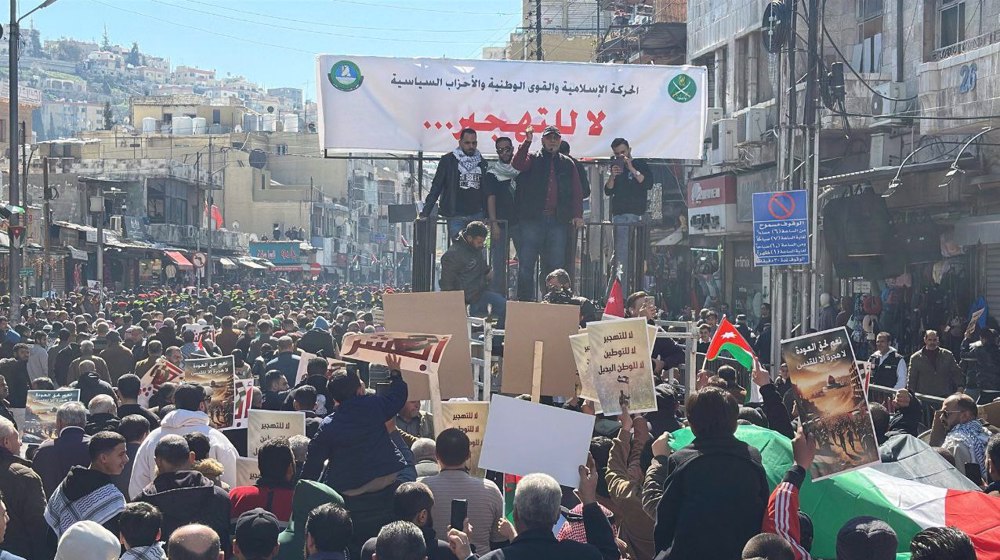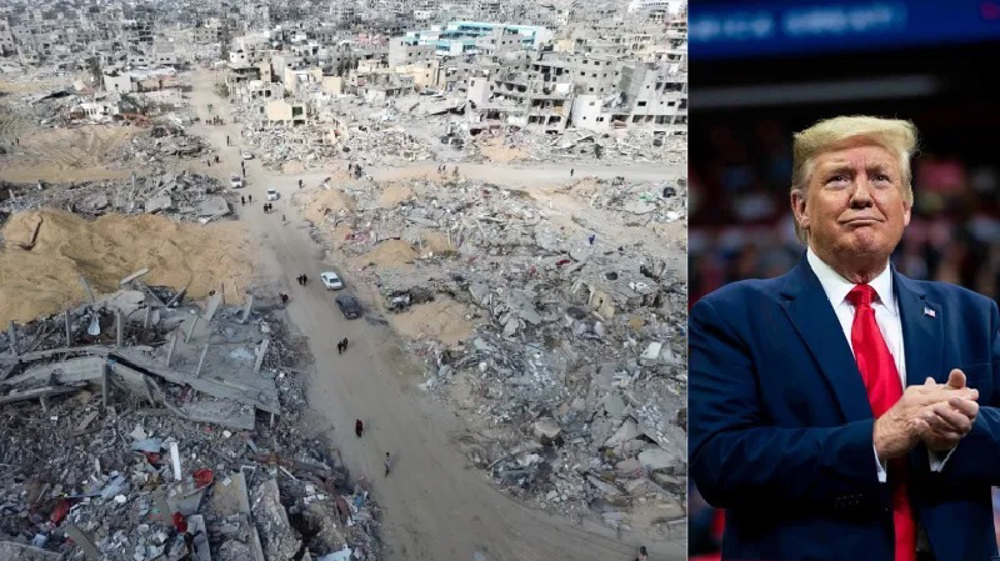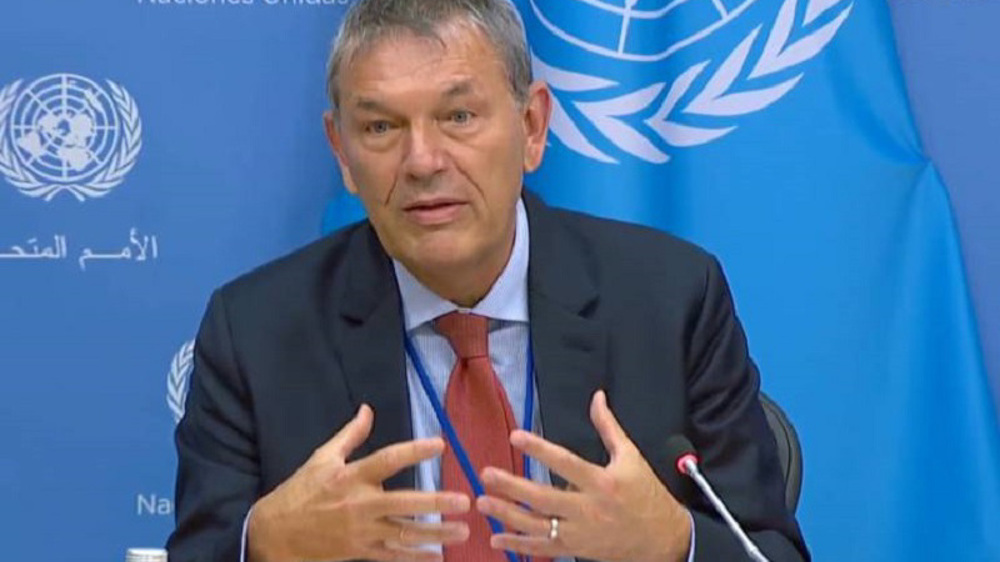NATO to approve use of AWACS in Mediterranean: Stoltenberg
NATO says it will approve on Friday the use of sophisticated AWACS surveillance aircraft for flights in Turkish and international airspace near the conflict zones in the Middle East.
NATO chief Jens Stoltenberg said Monday the aircraft would “provide information” to the US-led coalition purportedly targeting Daesh positions in Iraq and Syria.
He made the announcement while outlining the agenda of the two-day summit, which will open in the Polish capital Warsaw on Friday.
Officials of the military bloc have said the AWACS planes would use Turkish or international skies, but they would be capable of peering electronically into Daesh-held areas in Iraq and Syria.
NATO is not involved in the military campaign, but a number of alliance members such as the US, France and the UK have been carrying out airstrikes against what they call terrorist targets in Iraq and Syria since 2014.
In late January, Stoltenberg said Washington had asked NATO to assist the US with AWACS surveillance aircraft in the Syria war.
AWACS is a radar system designed to detect aircraft, ships and vehicles at long ranges and control and command the battle space in an air engagement by directing fighter and attack aircraft strikes.

However, military experts have questioned the use of such a complicated system against Daesh and other militants, as claimed by the US and NATO.
Such a deployment is expected to heighten NATO’s tensions with Russia, which has been conducting air raids on terrorist bases inside Syria since last September.
Stoltenberg said NATO leaders will also discuss expanding a mission aimed at providing training to Iraqi forces inside the Arab country as well as Jordan.
More on their agenda, NATO leaders would discuss a rise in the military alliance’s military budget by three percent, or $8 billion.
“The Warsaw Summit will renew our commitment to spend more on defense and to spend better,” said the NATO chief, adding the alliance will also “agree to further enhance our military presence in the eastern” member states.
NATO’s eastward military buildup has bitterly angered Russia, which has threatened unspecified measures to respond to the increased activities by the Western military bloc.

Jordanians rally en masse to censure Trump's Gaza takeover plan

Jordan rejects US proposal to relocate Palestinians

UNRWA unraveled amid Israel's allegations, reduced intl. support
VIDEO | Press TV's news headlines
VIDEO | Pakistan’s business and cultural front unites for Gaza: Nationwide shutdown, boycott announced
US jets carry out more aggression against Yemen
Syrian militants enslaving Alawite women in Idlib governorate: Report
VIDEO | US pro-Palestinian campus protest
VIDEO | Palestinian civil defense rejects Israel’s probe and exposes the crime
India downgrades ties with Pakistan after deadly Kashmir attack
Iran’s steel output up 3.7% y/y to 3.3 million mt in March







 This makes it easy to access the Press TV website
This makes it easy to access the Press TV website